
Discover a treasure trove of literary brilliance penned by remarkable women. These classic works transcend time, offering profound insights, vivid characters, and thought-provoking themes. From gothic tales to feminist manifestos, here are 15 timeless books that every reader should explore.
Jane Eyre by Charlotte Brontë
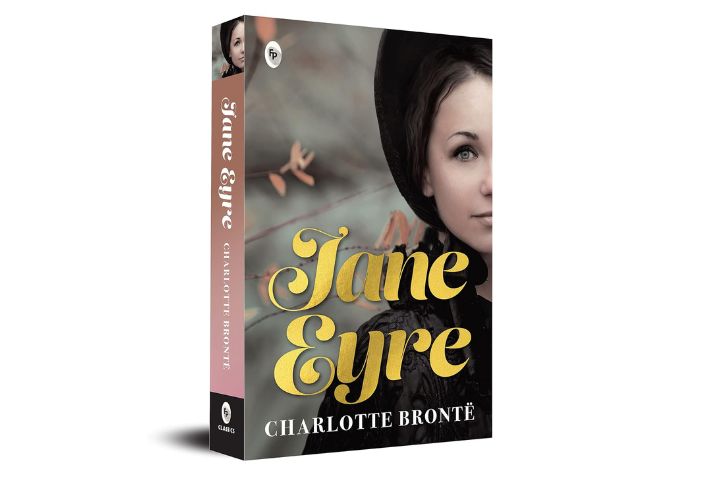
An orphan named Jane Eyre faces adversity with unwavering resilience and integrity. As a governess, she navigates a complex relationship with Mr. Rochester, a brooding man. The novel underscores themes of love, morality, and the rigid social class structure of the time.
Pride and Prejudice by Jane Austen
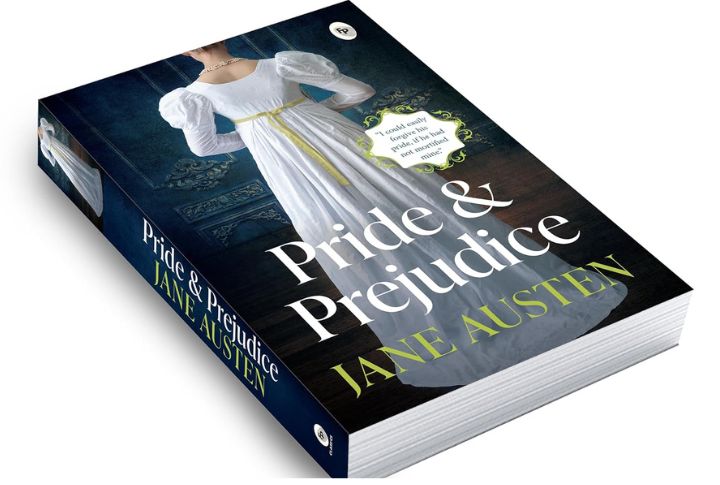
Witty social satire meets the complexities of relationships in this classic. The spirited Elizabeth Bennet and the enigmatic Mr. Darcy become central figures as Austen critiques societal expectations placed on women in 19th-century England. The novel celebrates the power of love and personal growth while offering a humorous look at societal norms.
To Kill a Mockingbird by Harper Lee
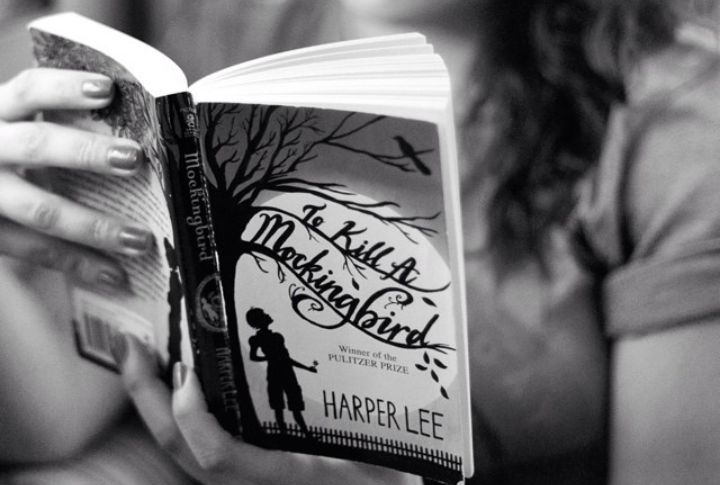
Nelle Harper Lee’s poignant novel delves into the depths of racial injustice in the American South. Scout Finch narrates her father, Atticus Finch’s defense of a black man wrongly accused of a crime. Through Scout’s innocent eyes, readers gain profound insights into morality, compassion, and the enduring struggle against prejudice.
Frankenstein by Mary Shelley
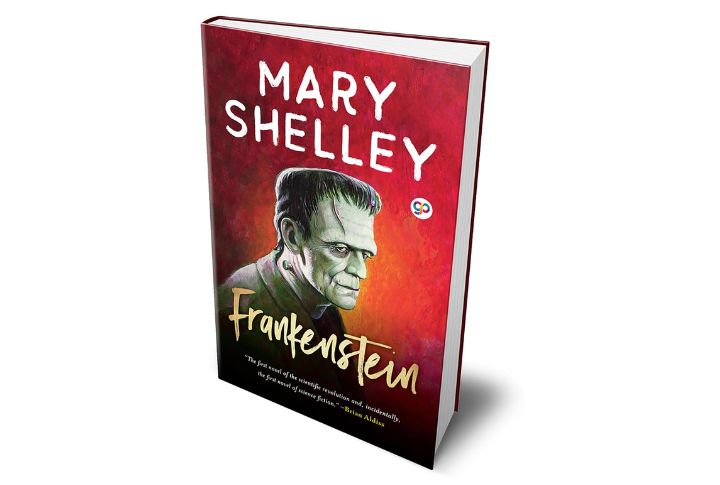
This seminal work in Gothic and science fiction follows Victor Frankenstein, who creates a human-like creature from reanimated body parts. The story unfolds through letters and narratives, forcing readers to contemplate ethics, the nature of humanity, and societal responsibility.
Wuthering Heights by Emily Brontë
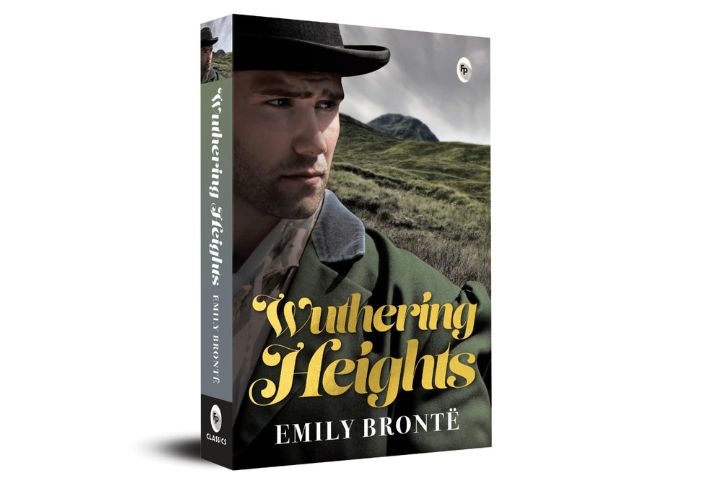
A dark and passionate tale unfolds on the Yorkshire moors in Emily Brontë’s Wuthering Heights. The explosive relationship between Heathcliff and Catherine Earnshaw becomes the centerpiece of this story, which explores themes of social class, cruelty, and the destructive power of unchecked passion.
The Handmaid’s Tale by Margaret Atwood
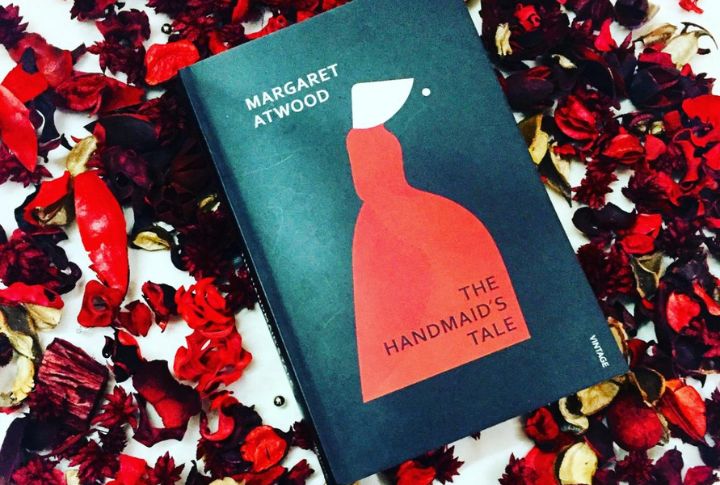
In The Handmaid’s Tale, Margaret Atwood introduces Offred as the protagonist who grapples with her role as a Handmaid, constrained by a dystopian society that rigidly governs her reproductive function. Against a backdrop of religious extremism and totalitarian rule, Atwood crafts a chilling narrative that probes themes of power, control, and the far-reaching impacts of women’s oppression.
Middlemarch by George Eliot
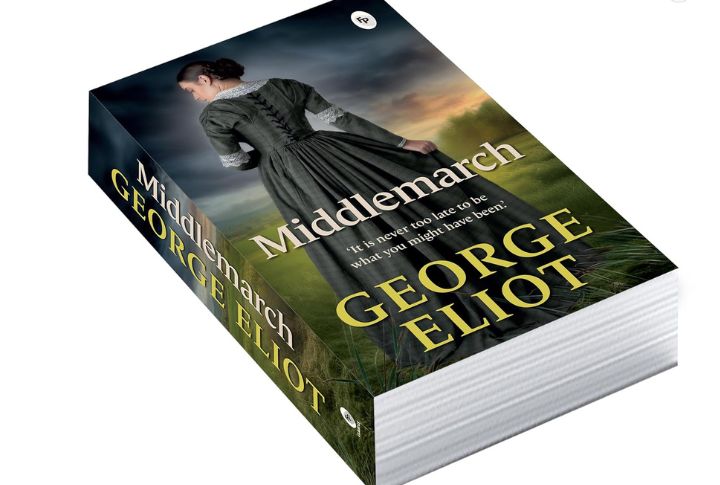
Middlemarch, crafted by Mary Ann Evans and published under the male pseudonym George Eliot, is a Victorian literary masterpiece. This novel intricately weaves together the lives of characters in a fictional English town, exploring themes of marriage, politics, and social change. Eliot’s insightful portrayal of human nature and complex narratives have cemented Middlemarch as a quintessential work.
Beloved by Toni Morrison
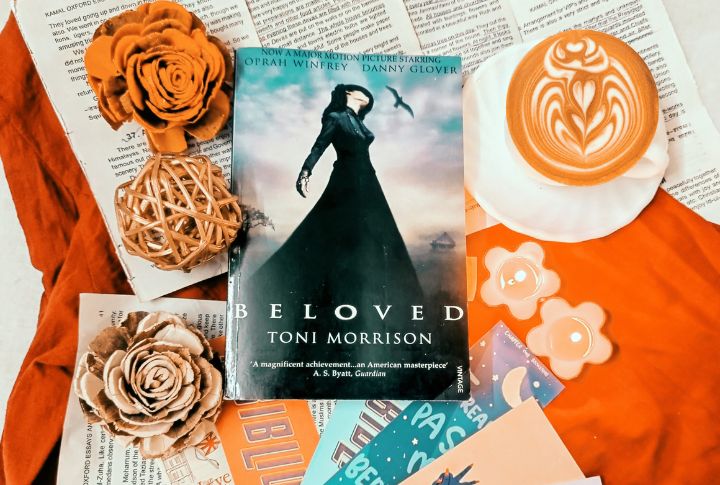
Morrison’s powerful novel delves deep into the legacy of slavery, offering a haunting portrayal of Sethe, an escaped slave tormented by her past. With eloquent prose, Morrison skillfully intertwines themes of trauma, motherhood, and identity, creating a profound and evocative narrative.
Mrs. Dalloway by Virginia Woolf
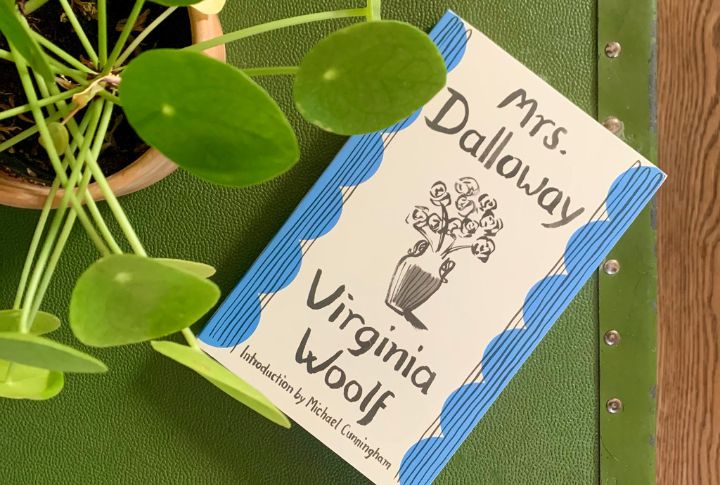
Woolf’s stream-of-consciousness style weaves an intricate portrait of inter-war society. The novel unfolds over one day in the life of Clarissa Dalloway, an upper-class Londoner reflecting on life, past suitor Peter Walsh, and the lingering effects of World War I.
The Awakening by Kate Chopin
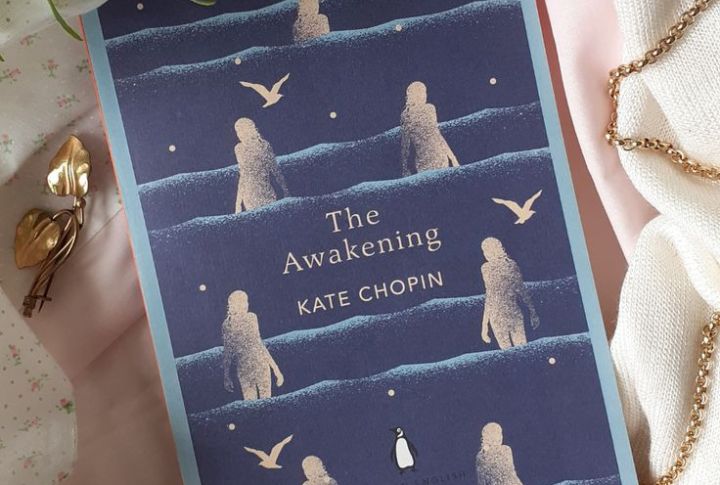
The Awakening, originally titled A Solitary Soul, portrays a young mother’s struggle for sexual and personal emancipation in the postbellum American South. Widely condemned upon its initial publication for its candid exploration of sexuality and marital infidelity, today it stands as a landmark work of early feminist fiction.
Little Women by Louisa May Alcott
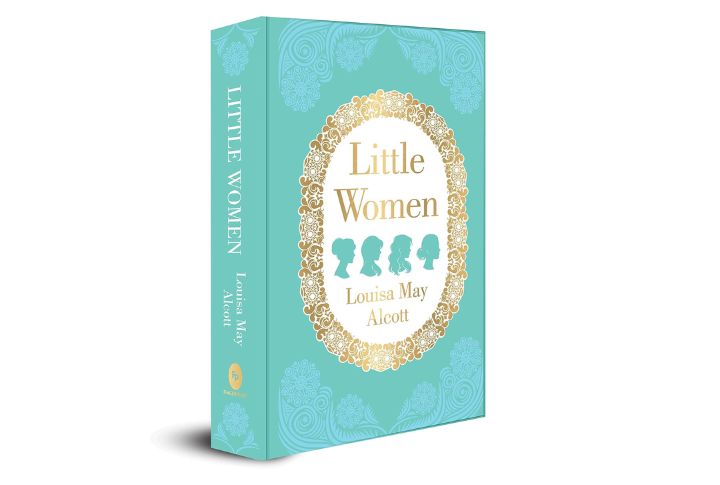
This beloved novel follows the March sisters — Jo, Meg, Beth, and Amy — as they navigate the challenges of adolescence and womanhood during the Civil War era. Alcott’s heartwarming portrayal of their sisterhood, resilience, and personal growth has resonated with readers for generations.
Orlando: A Biography by Virginia Woolf
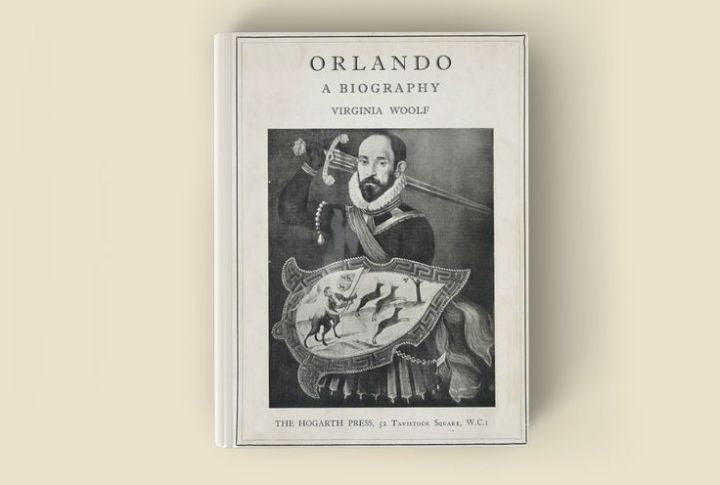
Virginia Woolf’s novel “Orlando: A Biography” is a playful and daring work that defies categorization. The story spans centuries and genders, following Orlando’s transformation from a man to a woman as they journey through English history. Woolf explores themes of identity, the concept of timelessness, and the fluidity of gender roles in this innovative novel.
Wide Sargasso Sea by Jean Rhys
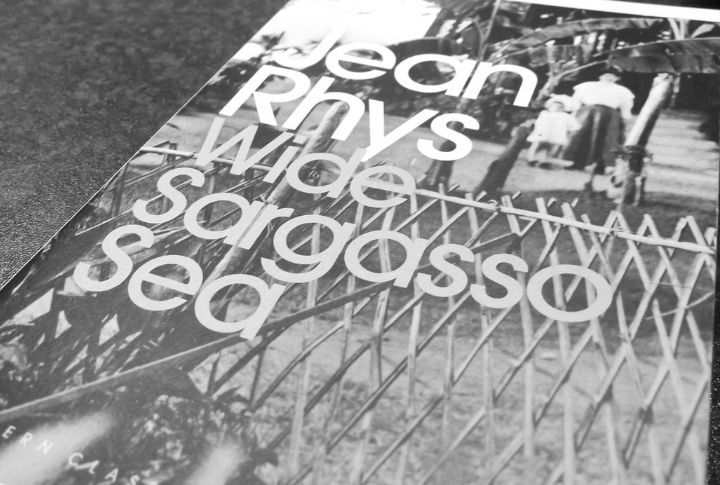
Serving as a prequel to Jane Eyre, Jean Rhys’s Wide Sargasso Sea offers a different perspective. The story explores the backstory of Bertha Mason, the “madwoman in the attic,” through the eyes of Antoinette Cosway. Rhys delves into themes of racial identity, colonialism, and the oppression Antoinette faces, offering a deeper understanding of her character.
The Color Purple by Alice Walker
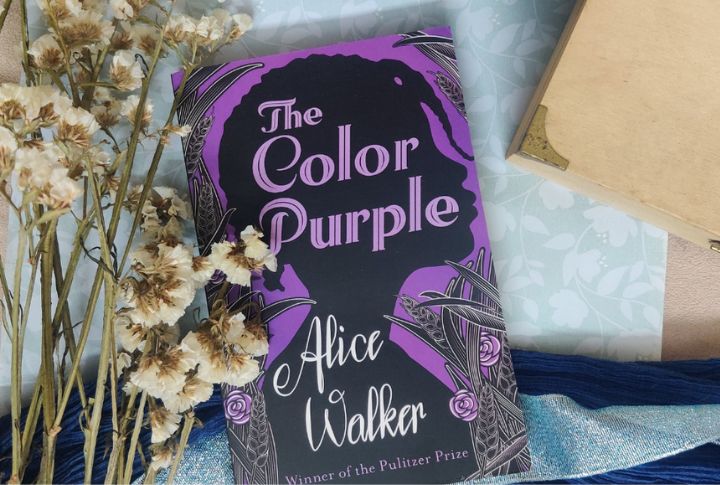
In letters filled with pain, Alice Walker’s The Color Purple unveils Celie’s fight. An African American woman trapped in the racist South, Celie endures abuse and hardship. But through connections with remarkable women, she discovers a strength that blossoms. Walker’s unflinching exploration of race, gender, and spirituality has made The Color Purple a modern classic.
The Bell Jar by Sylvia Plath
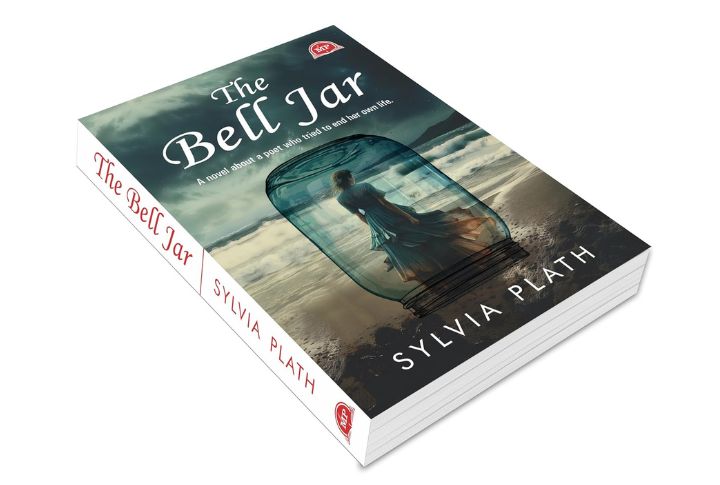
In Sylvia Plath’s semi-autobiographical novel, Esther Greenwood’s descent into mental illness and her search for identity unfold amidst the societal pressures of 1950s America. Plath’s candid prose vividly captures Esther’s battle with depression, feelings of alienation, and emerging feminist consciousness, rendering The Bell Jar a profoundly poignant exploration of these themes.


Comments
Loading…